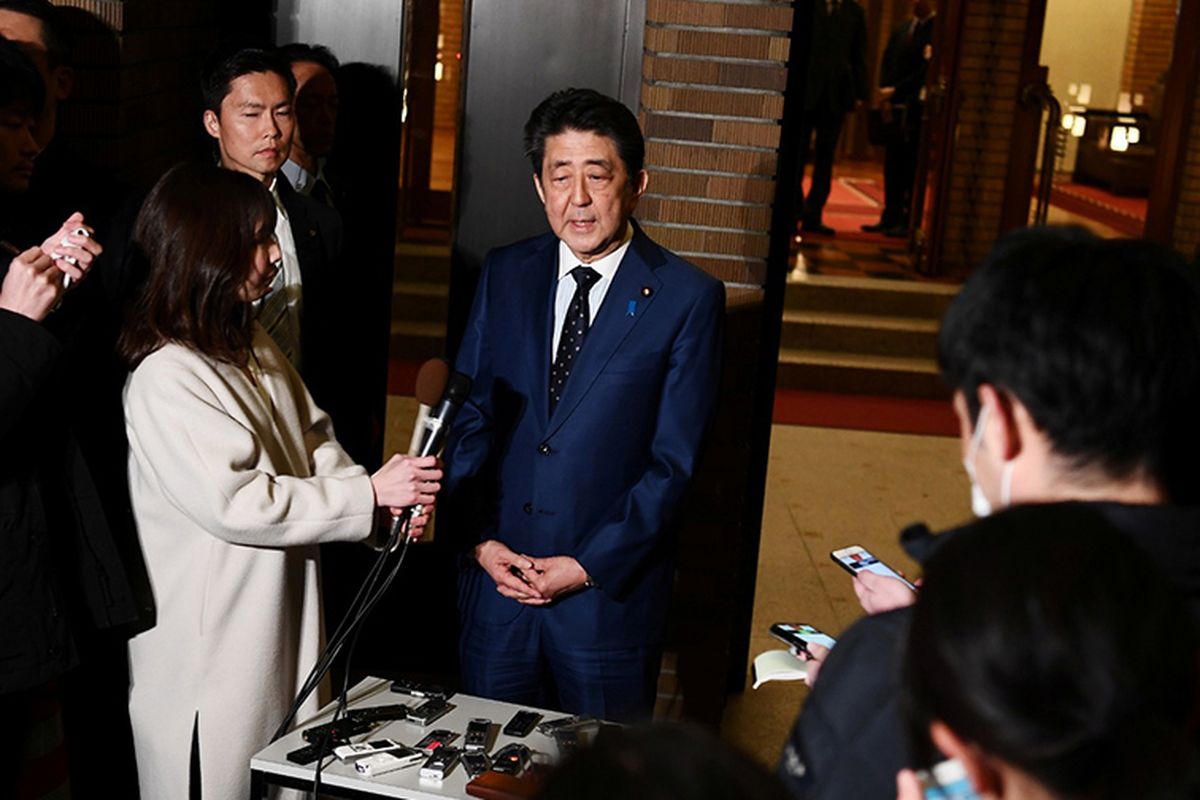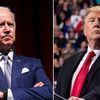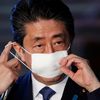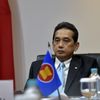Shinzo Abe’s Successor Faces a Slew of Challenges in Leading Japan

TOKYO, KOMPAS.com – The successor to Shinzo Abe faces a challenging list of economic, diplomatic, and security issues once the Japanese Prime Minister steps down.
Shinzo Abe’s Liberal Democratic Party (LDP) is poised to select its next party president on September 14.
The Japanese Prime Minister’s successor will serve out Abe’s term as party leader until September 2021 and is all but assured the premiership by virtue of the LDP's majority in parliament.
Read also: A Successor Emerges to Replace Japanese Prime Minister Shinzo Abe
Below are the main issues the new leader will confront.
Economy and coronavirus
Abe's signature "Abenomics" growth strategy was facing headwinds because of an export slump and a sales tax increase even before the coronavirus outbreak, highlighting the problem of lifting the economy out of decades of stagnation.
Critics said Abe's "third arrow" of structural reforms — the first two were hyper-easy monetary policy and government spending — was not bold enough in the face of a fast-aging population and a rigid labor market.
Japan has not seen an explosive coronavirus outbreak but cases have been rising and the government must balance containing it and restarting the economy.
Read also: G20 Members Committed to Restoring the Global Economy
The pandemic brought Japan's biggest economic slump on record and a third quarter of declines knocked real gross domestic product growth to decade-low levels, wiping out the benefits of “Abenomics”.
Policymakers are short of ammunition with a big public debt limiting new government spending and the Bank of Japan running out of options to hit its elusive 2 percent inflation target.
Japan is also struggling with a rock-bottom birthrate, shrinking labor force, and low global ranking on women's empowerment.
Diplomacy
Japan's ties with China had improved ahead of a planned visit by President Xi Jinping, but the trip was postponed because of the coronavirus.


































